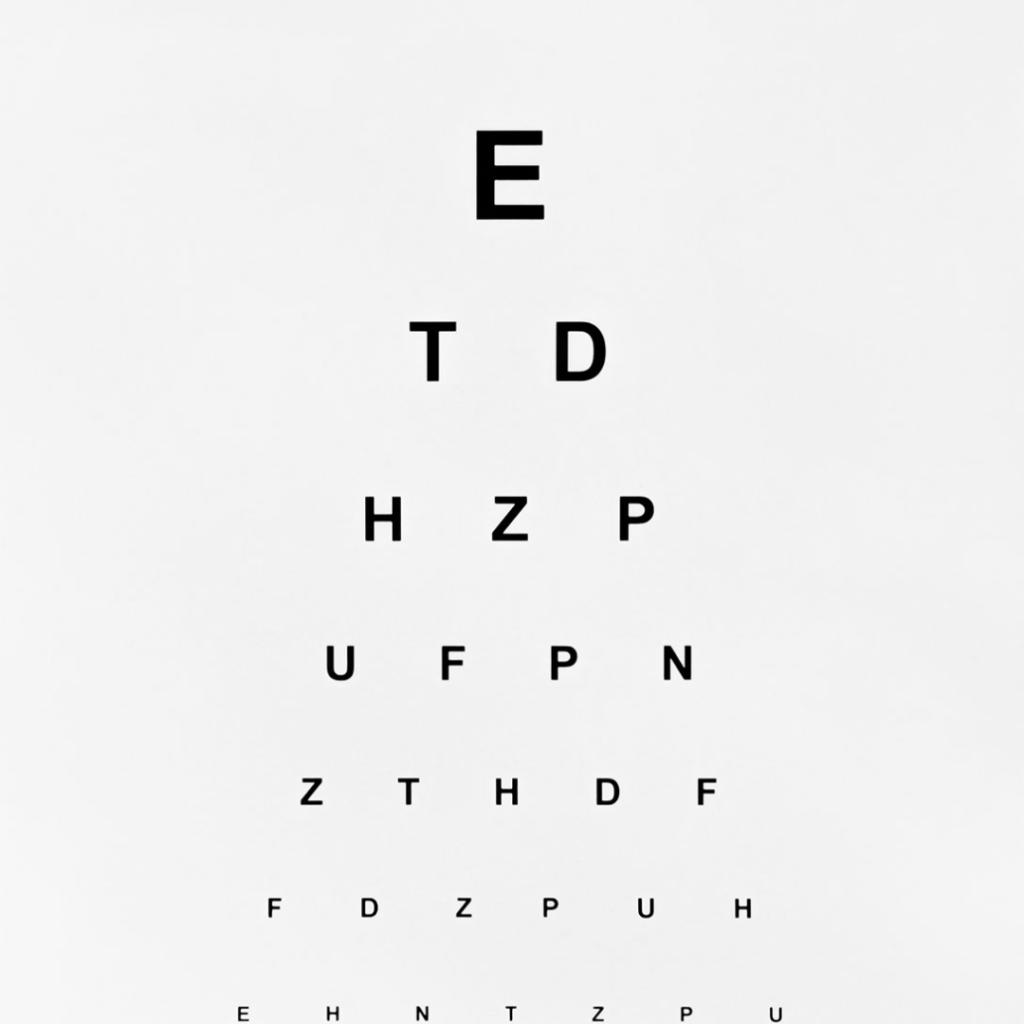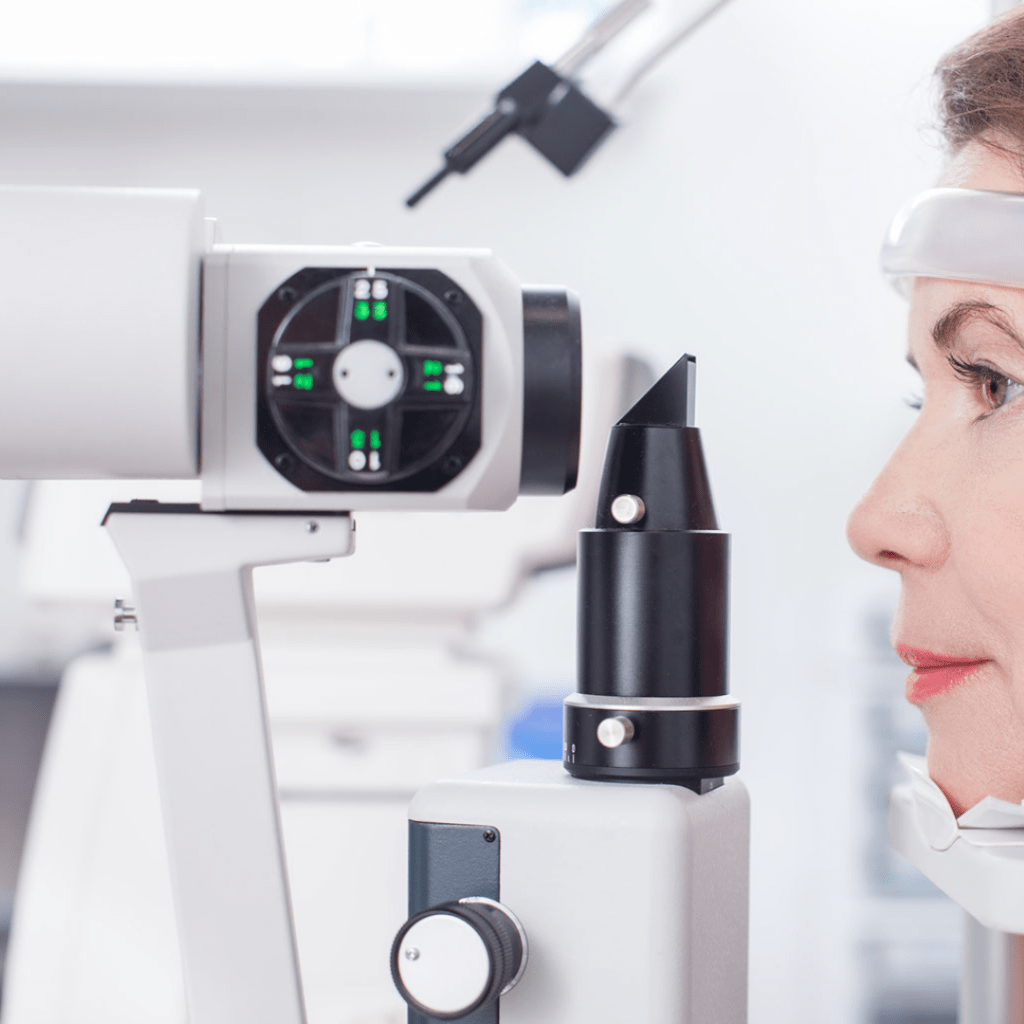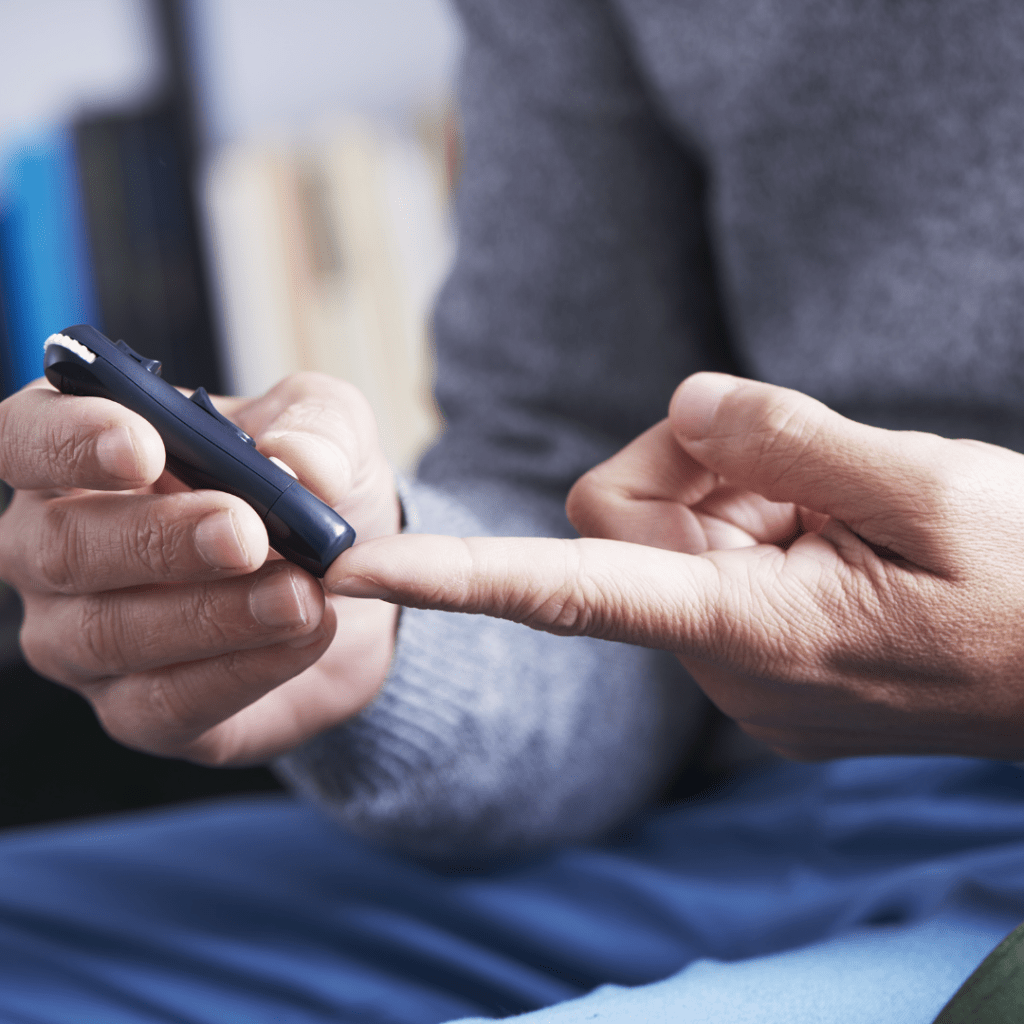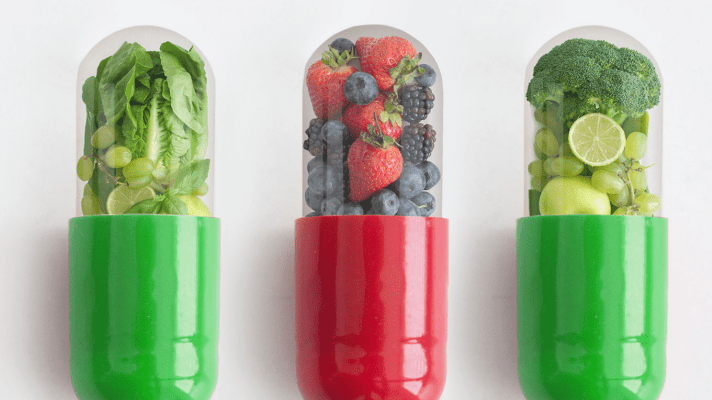Eyes allow us to see, learn, communicate, and express ourselves. Eye care is therefore crucial to our well-being. Diet and lifestyle have a significant impact on the health of our eyes. As a result, it is imperative that one be aware of the possibility that their choices can have on their health.
Below are some eye care facts and tips.
1. What is 20/20 or 6/6 vision?

Normal eyesight is referred to as 20/20 or 6/6 vision. It simply means that you are able to see clearly an object 20 feet or 6 m away from you. If your vision were 20/30 or 6/9, it means that you are able to see an object from 20 feet or 6m which a person with normal vision can see from 30 feet or 9m. This means that your vision is lesser than normal.
2. Is 20/20 or 6/6 vision the perfect vision?
A person with 20/20 or 6/6 vision has a good central vision but that doesn’t necessarily mean that their vision is perfect. There are other factors that need to be considered in overall eye health. These factors are color vision, contrast sensitivity, stereopsis or depth perception, peripheral vision, etc.
3. How to protect your eyes?
- Annual routine health checkups: A high blood sugar level, cholesterol level, and high blood pressure can adversely affect the eyes. A variety of infections and autoimmune conditions can also lead to irreversible damage, resulting in vision loss and even blindness. Keeping your overall health in check is therefore essential.

- Regular eye checkups: Maintaining the health of the eyes requires regular eye exams by a trained eye specialist. Regular follow-ups can detect cataracts, glaucoma, and diabetic retinopathy at an early stage which makes the management less complicated.

- UV-protected sunglasses: UV rays can damage the macula or cause macular degeneration, a condition in which the patient’s central vision is impaired. Other damaging effects of UV rays are cataracts, pterygium (fleshy growth on the white part of the eyes), skin cancer around the eyes, wrinkles around the eyes etc.

- 20-20-20 rule: Use this rule to avoid eye strain while using digital screens for a long time. After every 20 minutes of computer work, look at an object 20 feet away for 20 seconds.

- Strict blood sugar control: Diabetic retinopathy and diabetic macular edema are debilitating eye conditions secondary to uncontrolled high blood sugar, leading to vision loss and even blindness. Good blood sugar control with proper diet and medication under physician guidance is very important
- Remain hydrated: dehydration can cause blurring of vision, dryness in the eyes, and eye strain. Taking enough water throughout the day is therefore very important.
- Eat balanced diet: a diet rich in antioxidants and good fats helps promote eye health.

- Contact lens care: It is recommended that contact lens wearers handle their lenses after washing their hands with soap and water, remove the lenses with clean hands before sleeping and disinfect the lenses with contact lens solution.

- Quit smoking: Smoking cigarettes is one of the major risk factors for many eye diseases. Such as cataracts, AMD (Age-related Macular Degeneration), Glaucoma, Diabetic retinopathy, dry eyes, under-eye dark circles, optic neuropathy, inflammation inside the eyes, etc. Therefore healthy habits including cessation of smoking can help protect the eyes from various preventable diseases. Learn why smoking is injurious to eye health here.

- Limited screen time: According to The American Academy of Pediatrics, there should be no digital media use (except video-chatting) in children younger than 18 to 24 months. For children 18 months to 5 years, the AAP now recommends aiming for not more than one hour of screen entertainment per day and focusing on educational media. This is a cumulative period and should be divided throughout the day.
You can read about harmful effects of unlimited screen time here.
4. How to keep your eyes healthy while working on computers?
CVS (Computer Vision Syndrome), also known as digital eye strain, is a group of eye problems that result from prolonged use of digital screens.
How To Prevent CVS?

Preventing CVS is a matter of cultivating healthy habits and making a few adjustments in our lifestyle.
So here are some methods to keep you healthy and productive.
1. Eye exercises help in relaxing your eye muscles and in reducing eye strain. If you want to know about some eye exercises, you can read this article.
2. Blink consciously so that the tear film spreads evenly.
3. Apply the 20 20 20 rule: After every 20 minutes of computer work, look at an object 20 feet away for 20 seconds.
4. Maintain a proper sitting posture. Sit straight on your chair, keep your computer at an arm’s distance, and keep the screen low by around 15-20 degrees. This allows your upper eyelid to cover more of your ocular surface and prevent its drying.
5. Sit in a room with proper lighting.
6. Constant use of lubricating drops, which can be bought OTC (over-the-counter) or preferably after consulting your doctor.
7. Avoid eye makeup on oil glands that are situated just behind your eyelashes as it can clog the oil gland openings and cause dryness and even stye.
8. Get your eyes examined and wear the prescribed glasses. Usually, uncorrected refractive power can cause CVS.
9. Change the illumination settings of your screen by lowering the brightness or using the reading mode
You can read our article on computer vision syndrome here.
5. Why is it important to take care of eyes as we age?
In addition to having more than 100 million cells and being the fastest contracting muscle in the body, the eyes perform several functions throughout the day and are considered the second most complex organ after the brain.

Light-sensitive retinas are the metabolically active parts of the eye and are vulnerable to the ill effects of free radicals that accumulate with aging. This can lead to diseases such as AMD and optic neuropathy.
Cataracts and dryness of the eyes can also be caused by free radicles.
Antioxidants neutralize the effect of free radicles. Thus they play a crucial role in optimal eye health.
6. What are the important Vitamins for eye health?
The most important vitamins for eye health are:

- Vitamin A: Powerful antioxidant that protects the eyes from night blindness and dryness.
- Vitamin C: Protects against senile cataracts
- Vitamin E: Helps in the health of the retina.
- Vitamin B: B1(Thiamine), B2(Riboflavin), B3(Niacin), B6(Pyridoxine), B9(Folic acid), B12(Cobalamin): Various B vitamins are known to be protective against AMD, cataract, and glaucoma. A diet rich in vitamin B such as dark leafy greens, lentils, eggs, etc. is advisable for optimal eye health.
- Lutein and zeaxanthin: these are antioxidants and are yellow pigments concentrated in the center of the macula where sharp central vision is formed. They are antioxidants and help protect the macula from free radicles.
- Zinc: Zinc is an important mineral that helps Vitamin A produce a protective pigment called melanin. Melanin, Zinc, and Vitamin A together protect against AMD, cataracts, poor night vision, etc. This protects the eyes from macular degeneration
- Omega 3 fatty acid: Omega 3 fatty acids not only protect the retina from oxidative stress, but also reduce inflammation and vascularization in the eyes, helping prevent diseases like AMD and diabetic retinopathy. Omega 3 has also been proven beneficial for patients suffering from dry eyes caused by meibomian gland dysfunction or oil gland dysfunction. This helps restore the tear film in front of the eyes.
6. Food that is good for eye health?
Food rich in vitamins and minerals not only promotes eye health but also promotes overall health. A healthy diet should include fruits, vegetables, nuts, and seeds.
Here are some of the best sources of vitamins and minerals:
| Vitamins and minerals | Vegan | Vegetarian (+vegan options) | Non-vegetarian (+vegetarian and vegan options) |
| A | Carrots, sweet potatoes, green leafy vegetables | Milk, cheese, yogurt | Animal liver, and liver products, Eggs, oily fish like sardines |
| B1 | Lentils, beans, green peas | Yogurt | Pork |
| B2 | Mushrooms, almonds, oats | Yogurt, milk | Beef, clams |
| B3 | Rice, peanuts | Beef liver, chicken, salmon, tuna | |
| B6 | Drak leafy greens, chickpeas | Beef liver. Salmon, tuna, eggs | |
| B9 | Peanuts, dark leafy greens, sunflower seeds, beans | Seafood, eggs | |
| B12 | Fortified food products like cereals, nutritional yeast | Milk and dairy products like cheese and yogurt | Animal liver and kidney, oily fish, |
| C | Citrus fruits, strawberries, Brussels sprout, potatoes, bell pepper | ||
| D | Soak up some morning sun, tofu, fortified non-dairy milk, mushroom | Fortified cow Milk | Liver, egg yolk, salmon, cod liver oil |
| E | Almond, sunflower seeds, broccoli, hazelnut, peanuts, avocado, mango | Rainbow trout, lobster | |
| Iron | Spinach, beans, pumpkin seeds, chickpeas, legumes, quinoa, broccoli, tofu | Red meat, shellfish, liver | |
| Zinc | Legumes, pumpkin seeds, mushrooms | Milk and cheese | Meat, shellfish, eggs |
| Magnesium | Dark chocolates, almonds, bananas, pumpkin seeds, banana, leafy greens | Fish like salmon, mackerel | |
| Selenium | Chia seeds, sunflower seeds, mushroom, oatmeal, banana | Milk and dairy products like Cottage cheese | Fish, ham, pork, beef, chicken, turkey, eggs |
| Lutein and zeaxanthin | Dark leafy greens like spinach and kale, peas, broccoli | Egg yolks | |
| Omega 3 fatty acid | Flaxseed, walnuts, chia seeds | Oily fish, sardines, tuna and herring |
7. Importance of supplements in the prevention of AMD.
According to the AREDS2 study, certain supplements reduce the risk of progression to advanced AMD by about 25 percent, although it doesn’t prevent the onset of AMD.
Supplements include
- Vitamin C 500 mg
- Vitamin E 400 IU
- Copper (cupric oxide) 2 mg
- Lutein – 10 mg
- Zeaxanthin – 2 mg
- Zinc 80 mg 80
8. Does eating carrots really improve eyesight?

For centuries, carrots have been believed to promote eye health and improve vision, especially at night.
This association between carrots and eyesight is based on a myth.
In World War II, British Royal Air Force pilots used radar to target and shoot down enemy aircraft. This new technology of using radar was kept secret by claiming that the pilots ate carrots to increase their visual accuracy, especially at night.
Thus, carrots for better eyesight became a longstanding publicity campaign. It remains today that eating carrots improve night vision.
Carrots are rich in beta carotene which is converted into vitamin A by the body. As stated above, vitamin A is vital for eye health and night vision. Yellow, orange, and green-colored fruits and vegetables are known to have Vitamin A in good amounts. Not only carrots, dark green leafy vegetables, sweet potatoes, yogurt and cheese are also very good source of vitamin A. Therefore a balanced diet is more important than eating several carrots a day.
